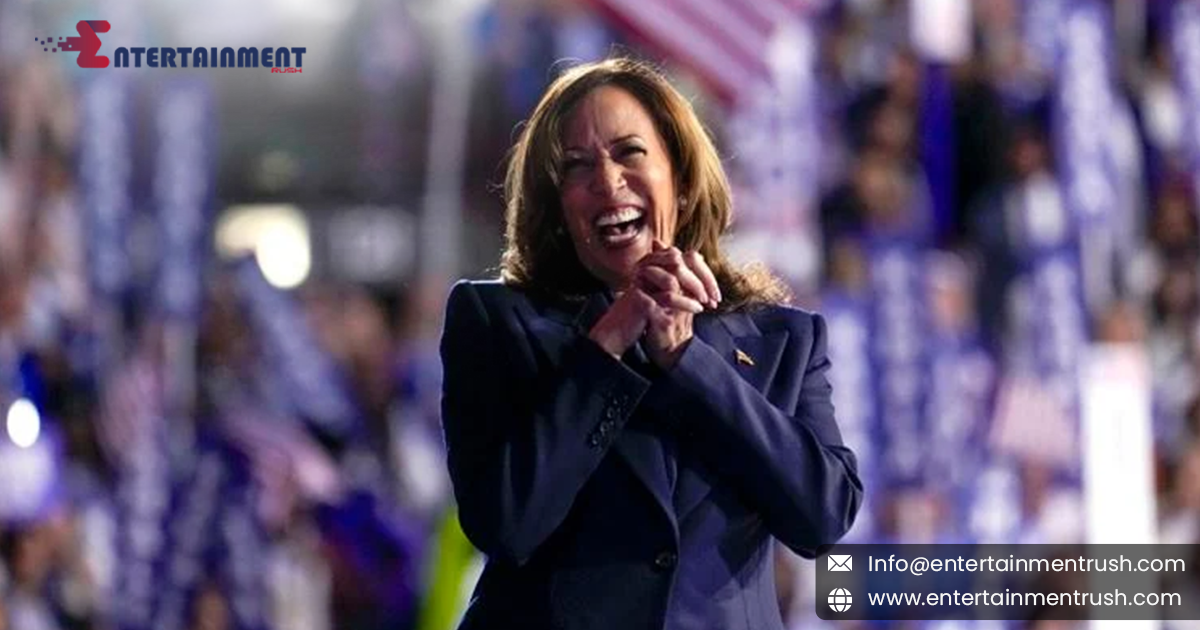Environmental policy is gaining prominence as the 2024 election season heats up, with influential figures influencing the direction of climate action. Governor Tim Walz of Minnesota is gaining attention for his audacious efforts to promote sustainable energy, paving the way for substantial climate impact in the event that Kamala Harris is elected to the president. This calculated action establishes Minnesota as a key participant in the national climate agenda and highlights the state’s dedication to sustainable practices. We’ll look at how Walz’s renewable energy projects could affect future federal policy as well as the state of the climate in general in this blog.
Governor Tim Walz’s Clean Energy Push
Leading the charge in Minnesota’s clean energy revolution, Governor Tim Walz has supported programs aimed at lowering the state’s carbon footprint and shifting to renewable energy sources. His government has prioritized a number of important issues:
Renewable Energy Investments:
Investments in hydroelectric, solar, and wind energy projects have been given top priority by Walz. By making these expenditures, Minnesota hopes to become less dependent on fossil fuels and more dependent on sustainable energy.
Energy Efficiency Programs:
In an effort to cut greenhouse gas emissions and energy usage, the governor has backed energy efficiency initiatives. These initiatives encourage the use of energy-efficient practices and technology in both the home and business sectors.
Climate Resilience Initiatives:
By putting policies in place to shield people from the effects of climate change, Walz has also underlined the significance of climate resilience. These programs include measures for disaster preparedness and infrastructure upgrades.
Clean Energy Jobs:
Jobs in the green economy are also being created by Walz through the advancement of renewable energy initiatives. This strategy promotes economic expansion and workforce development in addition to environmental aims.
The Impact of Walz’s Initiatives on National Climate Policy
Governor Walz’s efforts in advancing clean energy could have far-reaching implications, particularly if Kamala Harris wins the presidency. Here’s how his initiatives may influence national climate policy:
Model for Federal Policies:
Under Walz’s direction, Minnesota made significant strides in sustainable energy that might be used as a template for federal legislation. Harris, a fervent supporter of climate action, can use the models of successful state-level programs as a guide for federal actions.
Strengthening Federal-State Collaboration:
The possibility for productive cooperation between the federal and state governments is demonstrated by Walz’s renewable energy projects. Building on this partnership, a Harris administration may aim to use the results of prosperous state initiatives to guide federal climate policy.
Catalyst for Broader Climate Action:
By demonstrating the financial benefits of investing in clean energy, Walz is setting an example that could inspire other governments to follow. This enhanced application of clean energy regulations might accelerate the nation’s progress toward achieving its climate goals.
Increased Political Leverage:
Policymakers and environmental campaigners may find greater political clout as a result of Walz’s achievements in promoting sustainable energy. This more power might be useful in influencing federal climate policy and obtaining financing for environmentally friendly projects.
The Broader Implications for Climate Influence
In order to solve global climate concerns, state and national climate policy must connect. In addition to supporting regional sustainability initiatives, Walz’s leadership in Minnesota strengthens the state’s standing in the national and global climate discourse. In the event that Kamala Harris is elected president, the foundation created by Walz’s efforts may be crucial in forming an extensive and aggressive climate agenda.
Global Climate Commitments:
The gains Minnesota has had in the clean energy sector may be used by a Harris administration to bolster American ties to global climate accords. This convergence may strengthen the nation’s standing in international climate discussions and encourage more significant global action.
Public Support for Climate Action:
Promising state-level endeavors such as Walz’s have the potential to enhance public backing for more comprehensive climate legislation. Voters may support such policies at the federal level if they observe the advantages of clean energy at the state level.
Innovation and Technology Development:
Minnesota’s clean energy advancements may spur innovation in renewable technologies and energy efficiency. These developments could be incorporated into federal policies, promoting further progress in climate science and technology.
Conclusion
Governor Tim Walz is paving the way for major climate impact in Minnesota by pushing sustainable energy, especially in the event that Kamala Harris wins the president. In addition to advancing Minnesota’s sustainability objectives, Walz’s efforts establish the state as a major actor in the national climate agenda. The convergence of state and federal climate policy will be critical in advancing the transition to a more sustainable future as the 2024 election draws near.
The impact of Walz’s clean energy push extends beyond Minnesota, offering valuable insights and potential pathways for federal climate action. As the nation looks toward a new administration and continued efforts to address climate change, the advancements made in Minnesota serve as a beacon of hope and a model for future success.




Leave feedback about this